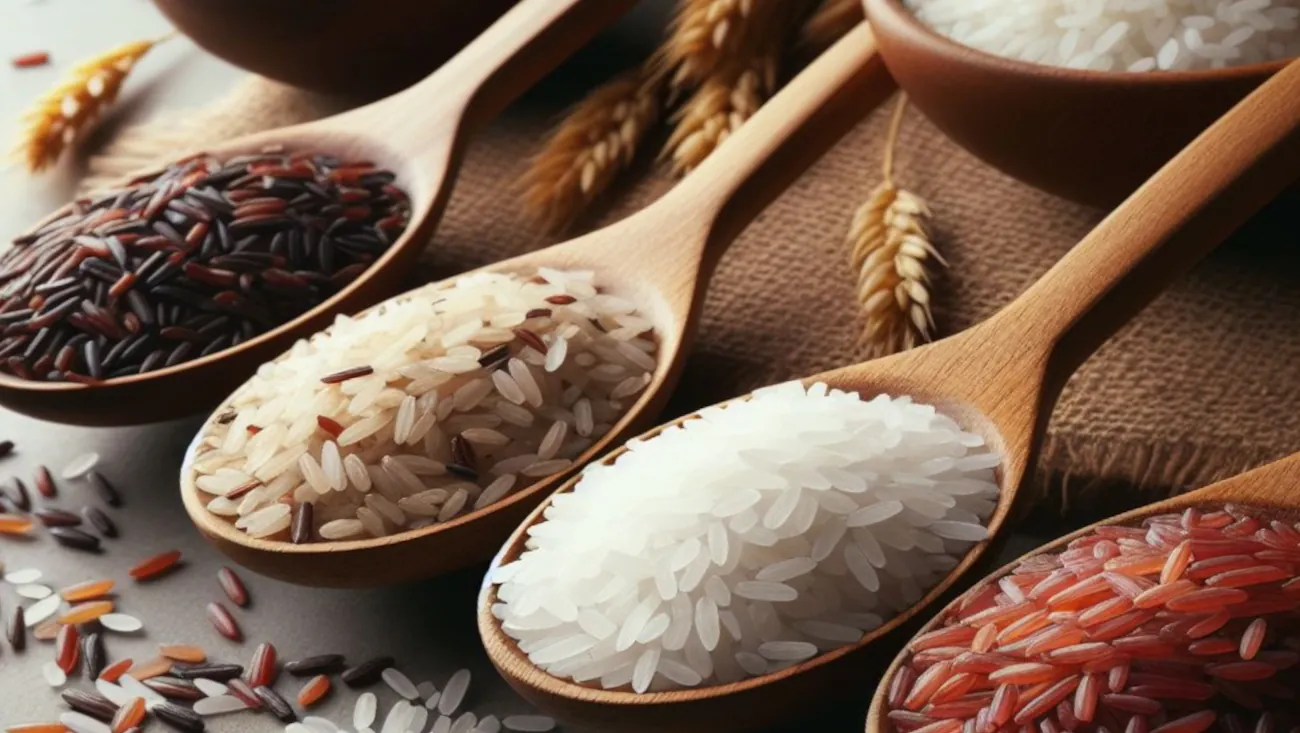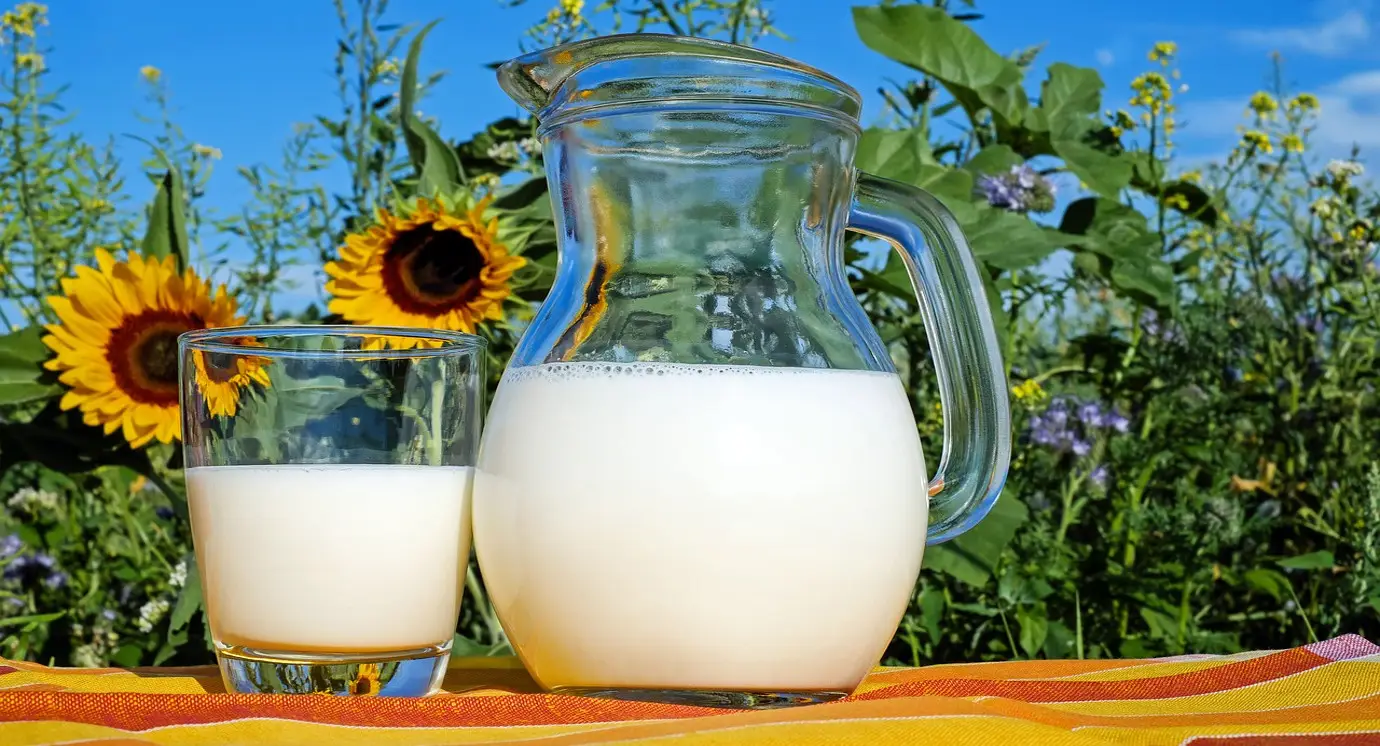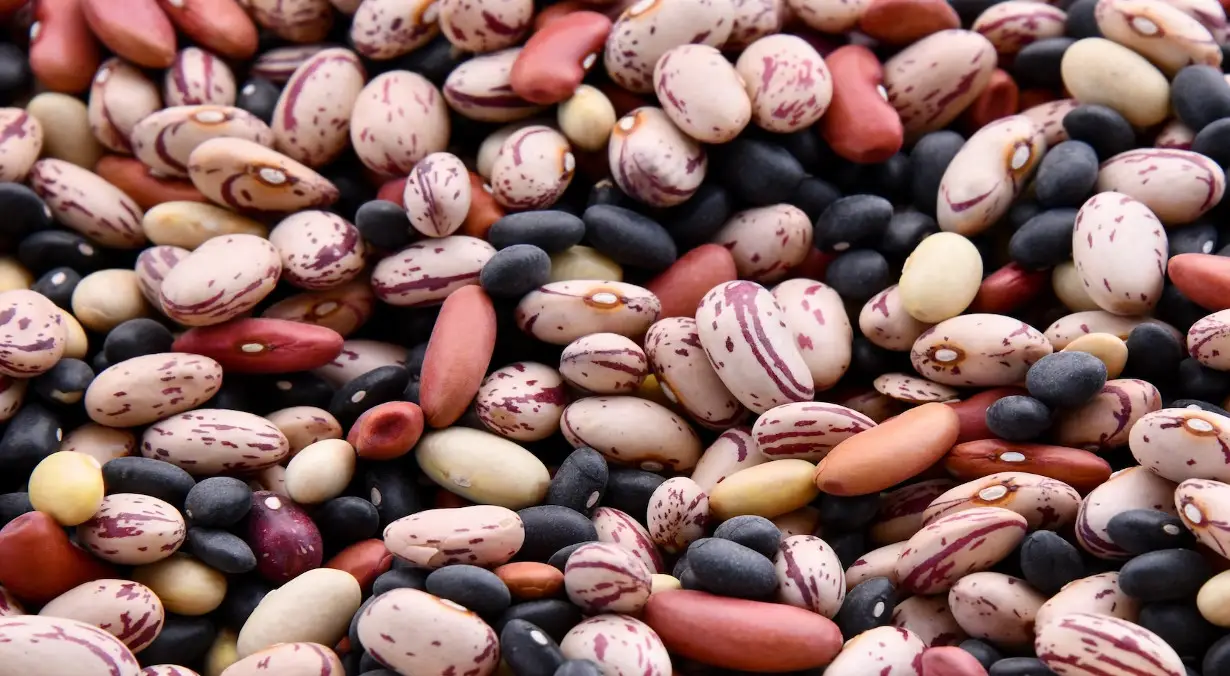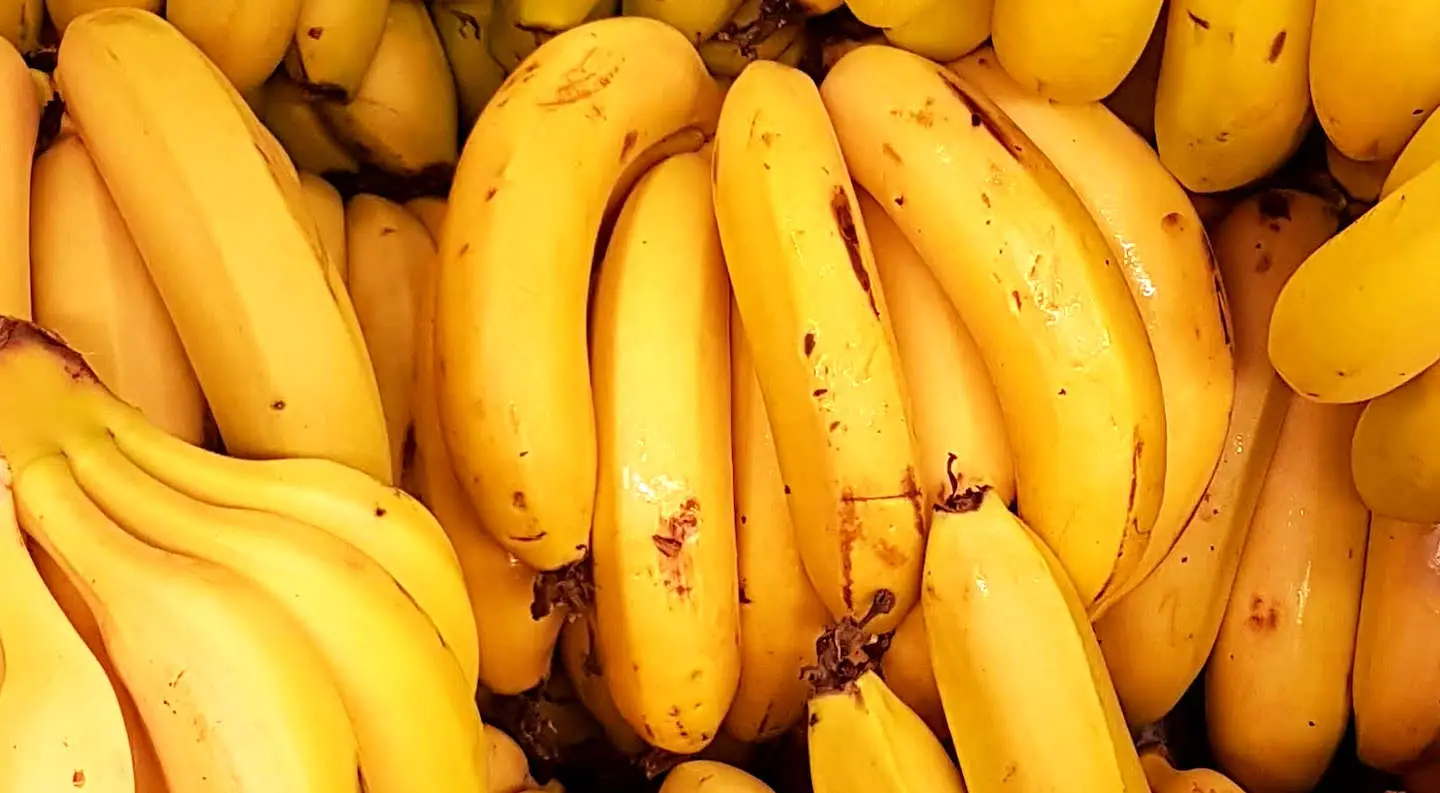Rice, Puffed Lysine and Arginine Info Sheet
Overview
Rice, puffed is a type of breakfast cereal made from rice grains that are heated and expanded into puffs.It is low in fat, but high in carbohydrates, sugar, and sodium.
Rice, puffed can be eaten with milk, yogurt, or fruit, or used as a snack or a topping for desserts.
Rice, puffed may have some health benefits, such as providing energy, fiber, and antioxidants, and preventing constipation and diverticulitis.
However, it may also contain additives, preservatives, and artificial flavors, which can cause adverse effects, such as hyperactivity, allergies, and obesity.
| Name | Lysine (mg/100g) | Arginine (mg/100g) | Ratio |
|---|---|---|---|
| Rice, Puffed | 271mg | 522mg | 0.521 |
Rice, Puffed contains 271mg of Lysine and 522mg of Arginine per 100g of product.
This means Rice, Puffed has a low Lysine-Arginine ratio of 0.521.
Because Rice, Puffed contains slightly more arginine than lysine, reducing its consumption may help people who suffer from herpes, as it may lower the viral activity.
Lysine Considerations
Rice, puffed is a fair source of lysine, an essential amino acid that is important for protein synthesis, collagen formation, and calcium absorption.
Lysine may also help prevent cold sores, herpes, and shingles.
Rice, puffed provides about 271 mg of lysine per 100 grams of food, which is about 9-34% of the recommended daily intake of 800-3000 mg for adults.
Lysine can help prevent or treat cold sores, which are blisters caused by the virus HSV-1, also known as herpes.
Lysine works by blocking the growth of HSV-1, which needs another amino acid called arginine to multiply and infect cells.
Lysine can only be obtained through diet, and can be found in a variety of high-protein foods like milk and cheese, fish, eggs, meat and poultry.
Arginine Considerations
Rice, puffed is also a fair source of arginine, another essential amino acid that is involved in nitric oxide production, wound healing, and immune function.
Arginine may also help improve blood flow, erectile dysfunction, and athletic performance.
Rice, puffed provides about 522 mg of arginine per 100 grams of food, which is about 9-13% of the recommended daily intake of 400-6000 mg for adults.
Arginine has many functions in the body, including wound healing, helping the kidneys remove waste products from the body, and maintaining immune and hormone function.
Arginine also plays a role in the replication of the herpes virus, making it a key factor in cold sore outbreaks.
The herpes virus requires arginine to grow, replicate, and create new herpes viruses.
Foods a good source of arginine, such as nuts and chocolate, may increase the frequency and severity of these outbreaks.
Lysine-Arginine Ratio
Rice, puffed has a moderate lysine-arginine ratio of 0.521, which means that it has slightly more arginine than lysine.
This ratio may affect the balance of these amino acids in the body, and may influence the risk of viral infections, such as herpes simplex virus (HSV).
Some studies suggest that a higher lysine-arginine ratio may help suppress HSV replication, while a lower ratio may promote it.
Therefore, rice, puffed may not be the best choice for people who have or are prone to HSV outbreaks.
However, the lysine-arginine ratio is not the only factor that affects HSV, and other factors, such as stress, immunity, and diet quality, should also be considered.
Both lysine and arginine are important for protein synthesis and other bodily functions.
The two compounds can affect the herpes simplex virus, which is responsible for cold sores and genital herpes, in opposite ways.
Lysine can the human system or stop the virus from reproducing, while arginine can help it propagate.
Eating foods with a high lysine-arginine ratio could help lower the appearance and severity of herpes flare-ups.
Some foods that have a high lysine-arginine ratio are dairy, fish, poultry, fruits, and vegetables.
These foods can give the body enough lysine to prevent the virus from taking up arginine, and thus stop its growth and spread.
Dietary Considerations
Cereals are grains that are edible seeds of grasses, such as wheat, rice, oats, corn, and barley.
Cereals are abundant in carbohydrates, fiber, and some vitamins and minerals.
That said, most cereals have more arginine than lysine, which can be problematic for people with herpes.
Arginine can stimulate the replication of the herpes virus, leading to more frequent and severe outbreaks.
Lysine can counteract the effects of arginine, but it is not abundant in cereals.
Hence, cereals should be consumed in limited amounts or paired with other lysine-rich foods, such as dairy, fish, or poultry.
Lysine supplements can also help boost the lysine-arginine ratio in the diet.

For example:
A diverse and nutritious diet that supports your immune system and fights inflammation is essential.
This means you should eat lots of fruits, vegetables, whole grains, lean protein, and healthy fats, and steer clear of processed foods, added sugars, alcohol, and caffeine, which can harm your health.
Avoid alcoholic beverages and caffeine which can overstimulate your body, leave you dehydrated, and compromise your immune system.You may want to take l-lysine supplements.
L-lysine is known to prevent herpes outbreaks and it can help stop a cold sore in its initial stages by "starving" the virus of arginine before it has a chance to cause a cold sore.
Taking other food supplements that can improve your immunity and protect your cells from oxidative stress, such as vitamin C, zinc, selenium, and antioxidants.
Check more food information






